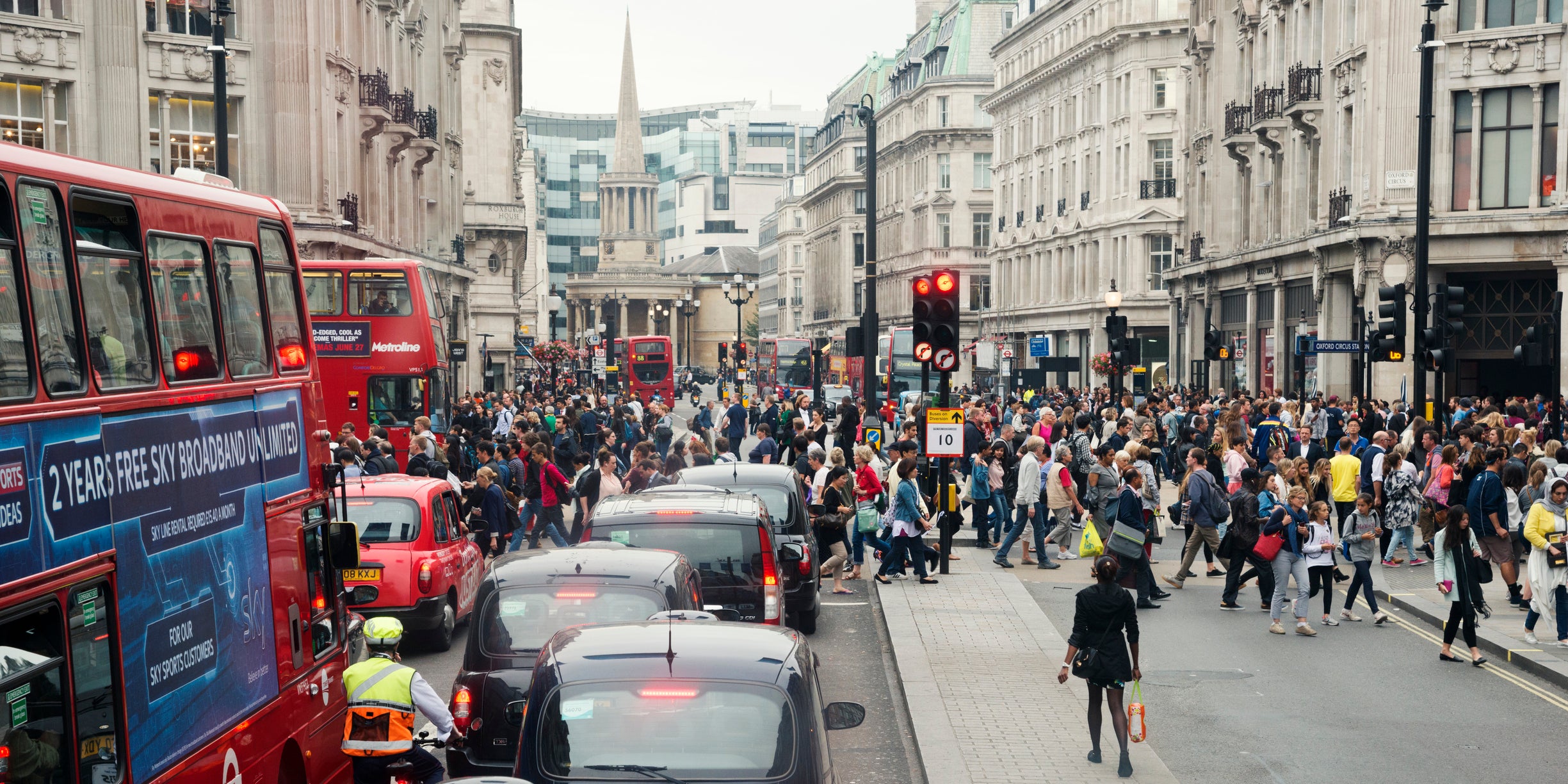LinkedIn launches travel time feature for new jobs
The capability has been rolled out globally on the LinkedIn app

Your support helps us to tell the story
From reproductive rights to climate change to Big Tech, The Independent is on the ground when the story is developing. Whether it's investigating the financials of Elon Musk's pro-Trump PAC or producing our latest documentary, 'The A Word', which shines a light on the American women fighting for reproductive rights, we know how important it is to parse out the facts from the messaging.
At such a critical moment in US history, we need reporters on the ground. Your donation allows us to keep sending journalists to speak to both sides of the story.
The Independent is trusted by Americans across the entire political spectrum. And unlike many other quality news outlets, we choose not to lock Americans out of our reporting and analysis with paywalls. We believe quality journalism should be available to everyone, paid for by those who can afford it.
Your support makes all the difference.LinkedIn has introduced a new feature that shows users the commute time to a potential new job.
The social media site, which is aimed at job seekers and networkers, has launched Your Commute on its mobile services.
On their website, LinkedIn acknowledge the importance of time spent commuting for many workers: “We know commuting is a pain point for many job-seekers, in fact 85 per cent of US professionals say they would take a pay cut for a shorter commute.
“When you visit job listings on LinkedIn from your mobile phone, you’ll start to see a ‘See Your Commute’ module. From here you can enter your address to calculate how long it would take you to get to your new office walking, driving or on public transportation.
“Soon, you’ll also have the option to save your location information locally on your phone so you don’t have to type it in every time you’re looking at a role.”
Analysis conducted by the Trades Union Congress (TUC) last year reveals that the average daily commute for British people is 58 minutes – the equivalent of 27 working days a year.
Getting to and from work takes an extra five minutes a day compared with a decade ago.
Londoners take the longest to travel to and from work at 81 minutes per day, up by six minutes in the last decade.
The number of workers facing very long commutes of over two hours has increased by 34 per cent over the last ten years.
Rail commuters draw the short straw, with their average journey lasting an average of two hours and 12 minutes every day.
The TUC blames growing commutes on three main factors: low government spending on transport infrastructure; employers not offering flexible and home working; and, real wages falling while property prices soar, making it harder to move closer to work.
Join our commenting forum
Join thought-provoking conversations, follow other Independent readers and see their replies
Comments